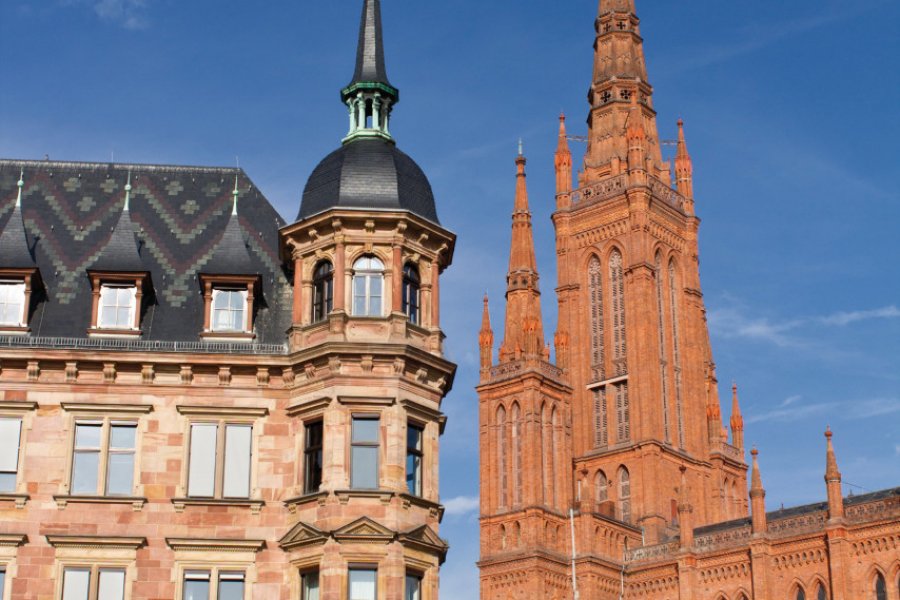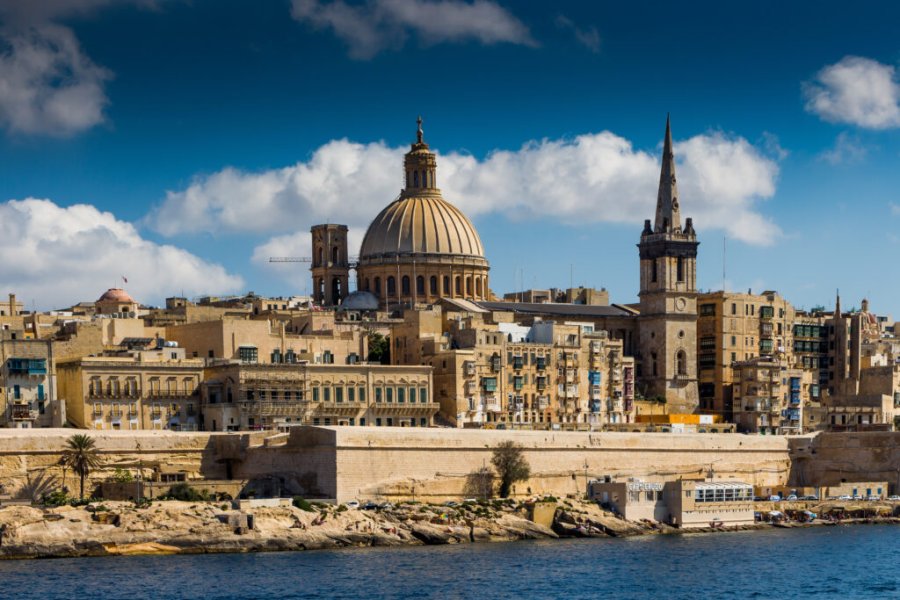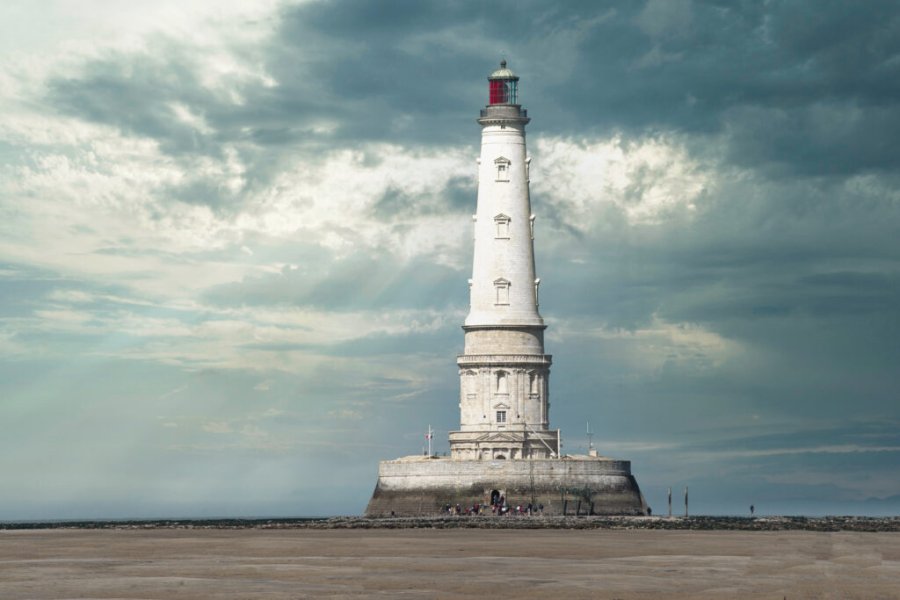Travel Guide Wiesbaden
Find an accommodation
Advertising
With a population of 276,000, the third largest metropolis in the Rhine-Main Valley, the administrative capital of the State of Hesse, is perhaps the most elegant, and certainly the most social. It has enjoyed its prestige as a water city for centuries. The hot springs, which gush out in the city centre, are to be seen, like its wealthy houses from the late 19th century. This city is pleasant. Wiesbaden is not a major tourist destination, but it offers a pleasant place to stay.Its superb neoclassical houses line up on the main avenue (Banhofstrasse) which leads from the station to the city centre and the adjacent streets, an ideal setting for a beautiful walk.The hell of the gameWiesbaden is known not only for its spas and superb parks, but also for the visit of famous travellers. Feodor Dostoevsky (1821-1881), this brilliant Russian writer, played in casinos and lost huge amounts of money on the gaming tables. Read or reread The Player, his misfortune gave him the inspiration to write this literary work that is read in one go.History. A Roman city named Acquae Mattiacae, the sources of the Mattiaques (which was the local Germanic tribe), the future Wiesbaden was built after the discovery of 26 healing water springs. The city was then developed by the Counts of Nassau (later dukes and princes), who settled there in the 13th century. This expansion was interrupted during the 17th century, when the Thirty Years' War and the plague ravaged the city. The 18th century saw the construction of the superb Biebrich castle, which became the princes' residence. From then on, Wiesbaden began to enjoy sustainable prosperity, guaranteed by the development of thermal baths. In the 19th century, under the aegis of the Prussians, and in particular William II, the city experienced its true development. The beautiful Kurhaus (casino), the new castle, now Landtag Hessen, and the St. Boniface church date back to this period. Wiesbaden then settled in a chic spa town where Dostoevsky, Wagner and Brahms came to treat their ailments. In 1913, the city had 225 millionaires. The two wars did not succeed in starting this prestige (only 30% of the city was destroyed during the Second World War because it did not have any industries) and the Rhine, wide and calm at this point, continued to see one of its cities grow. As a result, Wiesbaden (and not Frankfurt) is now the capital of the State of Hesse.
What to visit Wiesbaden?
Advertising
Weather at the moment
Advertising
Organize your trip with our partners Wiesbaden
Transportation
Book your plane tickets
Car Rental
Boat rental
Accommodation & stays
Find a hotel
Holiday rental
Find your campsite
Tailor-made trip
Immersion travel
Services / On site
Activities & visits
Find a doctor
Find unique Stay Offers with our Partners
Other destinations nearby Wiesbaden
25 km away
















